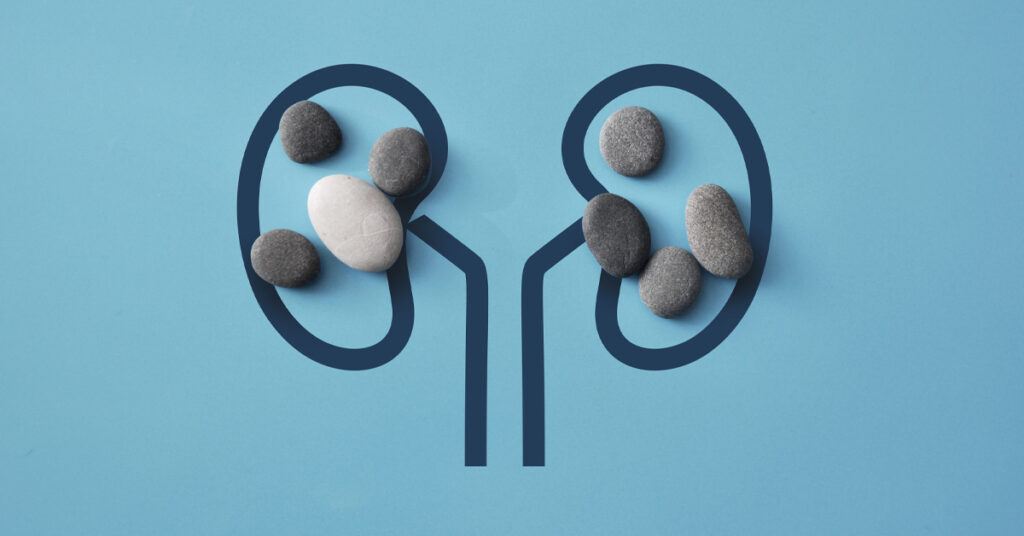Kidney stones are common, and studies have shown that kidney stone rates are rising. One in 10 people will have a kidney stone throughout their lifetime. Kidney stones can be painful. If you have experienced the symptoms of kidney stones or suffer from chronic kidney stones, here are some ways to help avoid kidney stones in the future.
Stay Hydrated
Drinking plenty of water throughout the day dilutes your urine, which can help prevent the formation of crystals in the urine that can lead to kidney stones. Unless your doctor tells you otherwise, you should aim to drink at least eight glasses or 64 ounces of water daily. Drink even more water if you are exercising or in hot weather. Sweating a lot can deplete the water in the body, which can also increase the risk of kidney stones.
Eat a Balanced Diet and Reduce Your Weight
Consuming a diet with a wide variety of fresh fruits and vegetables, whole grains, lean proteins, and low-fat dairy products can help reduce the incidence of kidney stones. A healthy weight can also help reduce kidney stones, as they are more common in people who are overweight or obese.
Reduce Salt Intake
Reducing your salt consumption can help reduce your risk of kidney stones. People who consume a large amount of sodium are at a greater risk of recurrent kidney stones. Read your food packages and avoid foods with high sodium content. Also, be mindful of food prepared in restaurants for their sodium content. You should consume at most 2,300 milligrams of salt a day.
Reduce Your Intake of Animal Proteins
Animal proteins like red meat, organ meats, processed meats, and shellfish can increase your risk of developing kidney stones. Eat no more than six ounces of animal protein daily to avoid kidney stones. Instead of these foods, choose plant-based protein sources like legumes.
Proper Calcium Supplementation
Dietary calcium is not linked to an increased risk of kidney stones, but taking excess calcium supplements can lead to the formation of kidney stones. Calcium is essential for many body functions, so speaking with your doctor for personalized calcium recommendations is essential.
Reduce Oxalate Intake
Oxalate is a naturally occurring compound in many foods. Unfortunately, oxalate can also contribute to kidney stones in some people. To prevent kidney stones, reduce your intake of high-oxalate foods such as spinach, beets, nuts, chocolate, and tea.
Limit Caffeine and Alcohol
To avoid kidney stones, reduce your intake of caffeinated and alcoholic beverages. Caffeine and alcohol can lead to dehydration, increasing kidney stone risk.
Manage Your Health Conditions
Certain health conditions like diabetes or high blood pressure can increase the risk of developing kidney stones. If you suffer from chronic conditions like these, work closely with your doctor to manage your medications in a way that helps avoid kidney stones.
Avoid Kidney Stones
Avoiding kidney stones involves diet, exercise, and health management. If you continue to suffer from kidney stones or are worried that you may be prone to them, schedule an appointment with a urologist today to learn more about how to reduce the incidence of kidney stones based on your specific health conditions and dietary needs.
If you already have a kidney stone, same-day lithotripsy appointments are available to get rid of them fast!
Don’t continue to suffer from kidney stones – schedule an appointment today!

